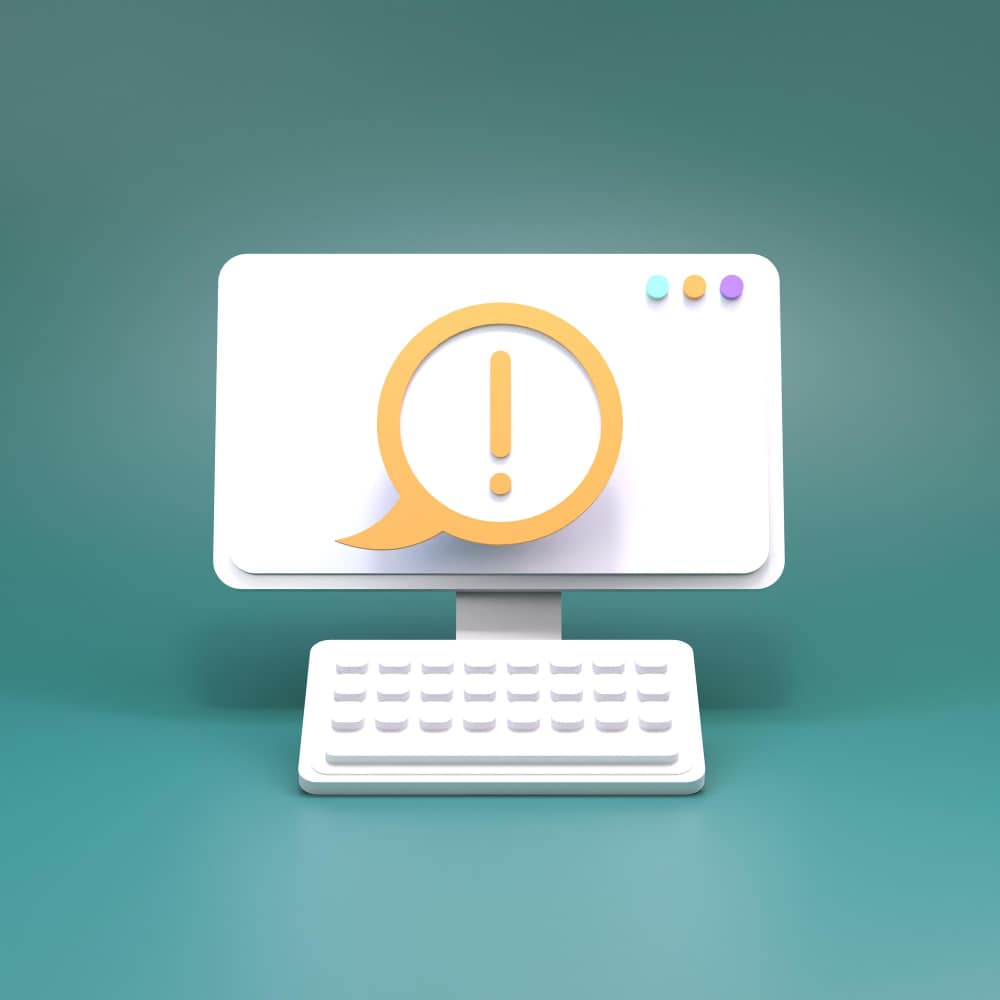
Elon Musk pushes forward with Twitter payments vision
Elon Musk pushes forward with Twitter
Twitter has begun applying for a U.S. regulatory license and developing the software needed to launch payments on the social media platform, while Elon Musk seeks new revenue to restart the business. Esther Crawford, Twitter's burgeoning deputy to Musk, has begun working with a small team to outline the structure needed to facilitate payments on the platform, two people familiar with the company's plans said.
The emerging move to allow payments through the site is an important part of Musk's plan to create new revenue streams. Twitter's $5 billion a year advertising business has plummeted since it bought the platform for $44 billion last October, and marketers have expressed concern about content curation and moderation.
Musk has said he wants Twitter to offer fintech services such as peer-to-peer transactions, savings accounts and debit cards as part of an overarching plan to roll out "apps for everything" including messaging, payments and commerce. In 1999, Musk co-founded X.com, one of the first online banks that later became part of payments giant PayPal.
Crawford's team is making progress, including developing a vault to store and protect user data collected by the system, two people familiar with the team's work said. Twitter also pushed for the regulatory scrutiny it needs before launching a payments service. In November, Twitter registered as a payment processor, according to a U.S. Treasury Department filing. It is also now beginning to apply for some of the state licenses it needs to get started, those people said.

The rest will be filed soon, with the hope for U.S. clearance within a year, a person familiar with the matter said. The company will then seek international expansion for regulatory approval, they added. Last August, before Musk acquired the company, Twitter formed a subsidiary, Twitter Payments LLC, and Musk recently appointed Twitter's director of product management, Crawford, as CEO of Twitter Payments. But realizing Musk's vision will require overcoming new technical challenges, significant regulatory compliance burdens and earning consumer trust.
It could also be costly: Last year, Musk approached Twitter's equity investors to raise more money, saying some of the money would be used to fund a "hiring spree" of programmers to create a "super app" that could process payments , said one investor. Offer received. Before Musk's acquisition, Twitter was working on some payment features around creators and e-commerce tips.
According to three people familiar with the plan, Musk's vision goes far beyond that, including exploring more ways for users to directly reward creators, let users buy items directly through the platform, and let users pay each other.Musk has said he wants the system to be primarily fiat but built in such a way that encryption could be added later, two people familiar with the matter said.
In an early presentation of the deal to investors in May, Musk said he aimed to generate about $1.3 billion in cash for Twitter by 2028, seen by the Financial Times. The New York Times first reported on the stadium deck. Data from payments market data group FXC Intelligence shows that thousands of Twitter users share links to third-party payment options in their tweets or accounts.
“Twitter is already a platform that accepts payments, so it was obvious,” said Lucy Ingham, head of content at FXC Intelligence. Other payments experts question whether Twitter can reach a competitive scale, especially In the US, the space faces stiff competition from groups like Venmo, Cash App and Zelle.
Twitter will also face a high level of regulatory scrutiny. The move to payments came after Musk fired more than half of the platform’s staff, raising concerns about a shortage of compliance staff. Businesses involved in money transfers, currency exchange or check cashing must alert authorities to any unusual activity.
Lisa Ellis, payments expert and senior equity analyst at research firm MoffettNathanson, said user accounts must be directly linked to user identities as part of monitoring for fraud and suspicious transactions. Such regulations mean that "a lot of [tech companies] experiment and then give up," she said.
“They find it a burden to take the long-term investment and the risk — if something goes wrong, you can get fined, and you have to have a whole compliant infrastructure that needs to be licensed all the time.”



































